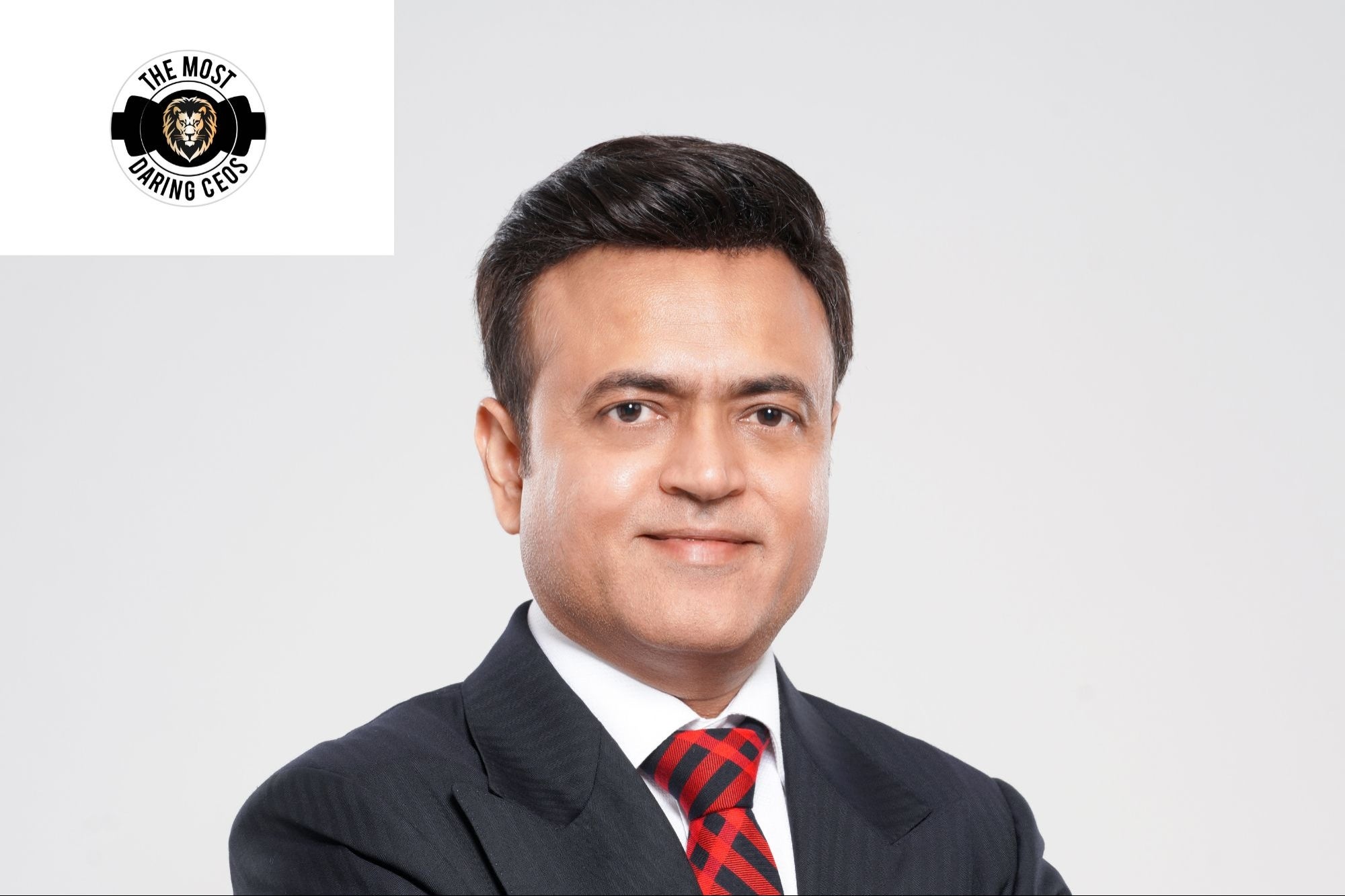Series B Funding to be ToughThe Padmashree awardee advises companies to conserve cash in the event of a burn or runaway becoming an issue.
ByDeepa Vaidya•
Opinions expressed by Entrepreneur contributors are their own.
You're reading Entrepreneur India, an international franchise of Entrepreneur Media.

Saurabh Srivastav, cofounder, India Angel Network believes that it get tougher in the days to come for startups seeking investment "Not all kinds of companies will find it difficult. Companies that show an Minimum Viable Product (MVP) stand a better chance of receiving investment. As funding is not going to be uniform, I think across stages, angel or seed funding would be easiest. Then Series A would be somewhat easier. But Series B funding would be toughest," says this Padmashree awardee.
Does this implies more bridge rounds given less newer investments? "Yes, there will be more bridge rounds than before, especially, if the next round is not coming," says Srivastav, who is also the co-founder and Chairman, NASSCOM and a serial entrepreneur and VC.
He advises companies to conserve cash in the event of a burn or runaway becoming an issue. "If you are not making profits, then the next round is hard. So reduce burn so that you have sufficient runaway," he says.
On the main categories they would like in their portfolio, Srivastava says "At IAN, it is not a big issue. The success of a business is not about product, competition or any other factor. We are fundamentally looking at companies with very good and strong founders. We are looking to have agritech, spacetech, health and its various categories in our portfolio."
"We will continue to invest in companies with founders having a good understanding of unit economics. They should understand when and how they can become profitable. It is not necessary that they are profitable now, but they should be able to demonstrate that they will be profitable as they grow. If you raise billions to be profitable, then that's not a sound business model to invest in."
Interestingly, he agrees on the most pertinent question as to why investors and startups are focusing on unit economics and profitability only now.
"I agree with you 100%. As per my definition, a business is where one is making a product/offering a service which the customer needs and is able to pay and you are able to make a profit. It doesn't mean all have to exist at the same time. The way I analyse a business, every unit/service you deliver, you should be making a profit. In between, we had lost this concept and are now going back to our fundamentals," he adds.
Commenting on the funding outlook for the coming year and his plans to invest in new sectors/segments, says this septuagenarian, "As I said earlier, we are looking to invest in a number of sectors including emerging sectors. So we are looking at different types of healthcare, agritech, AI-based start-ups, space tech, consumer and standard IT."












